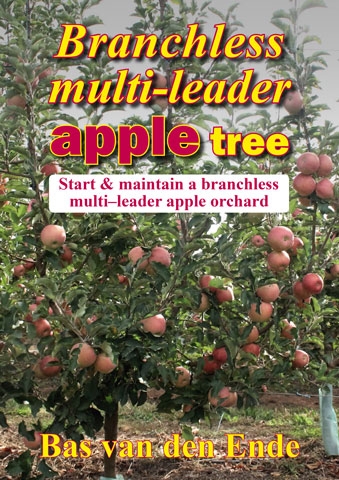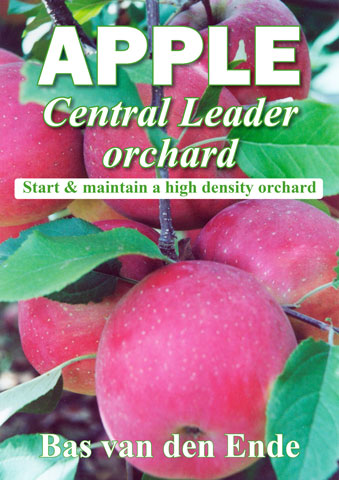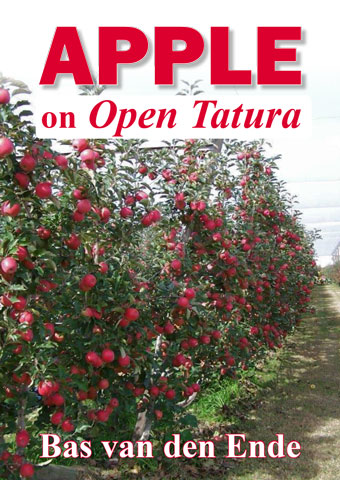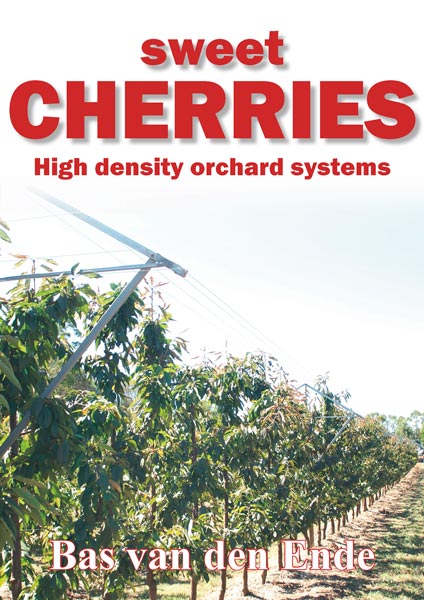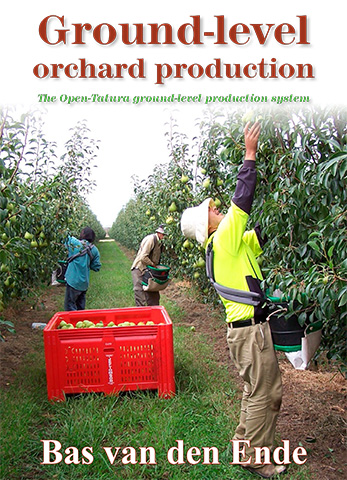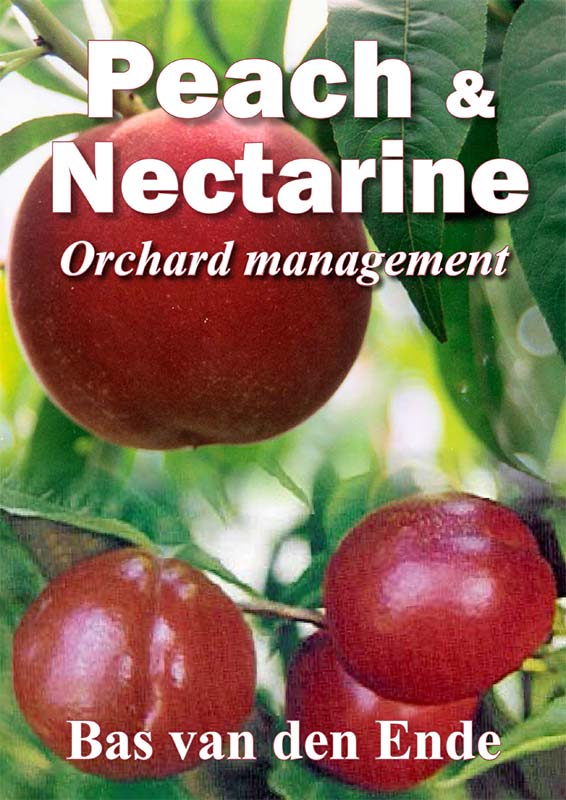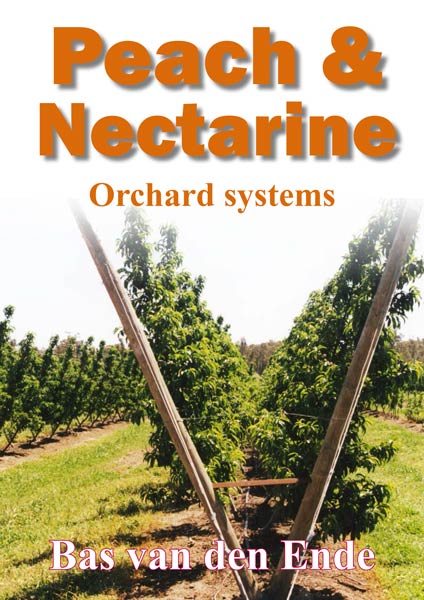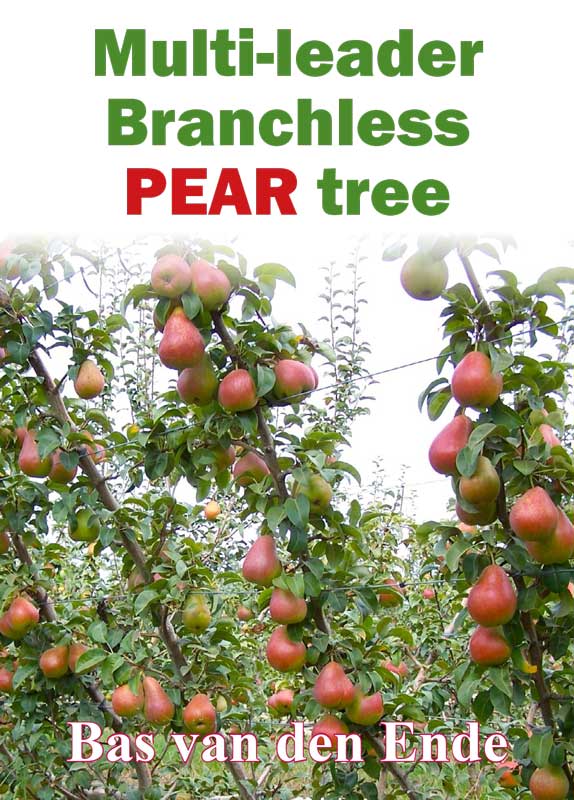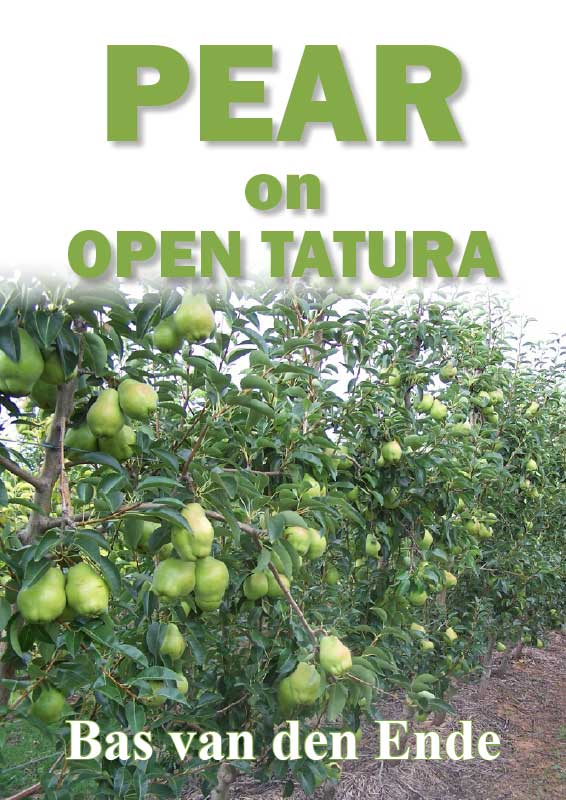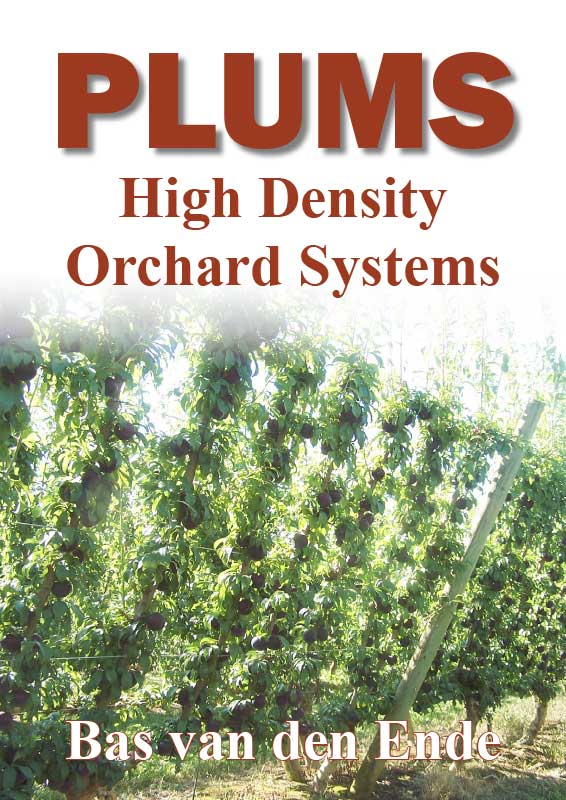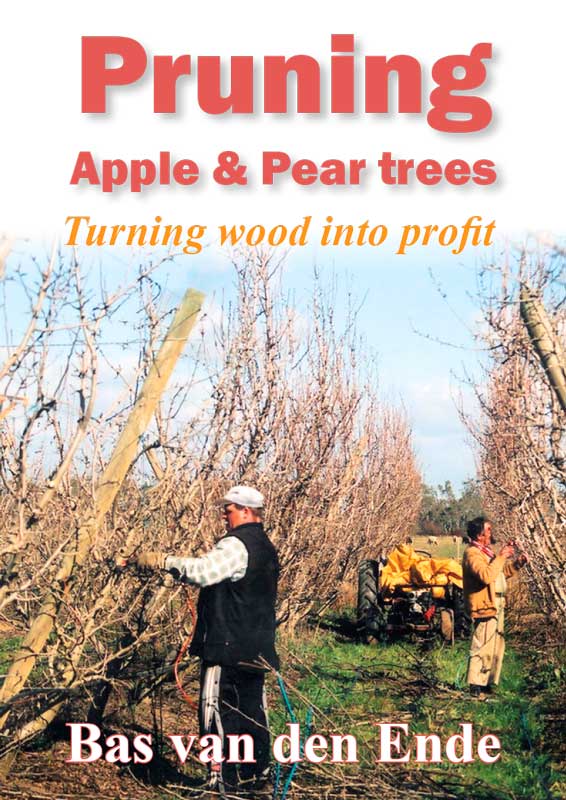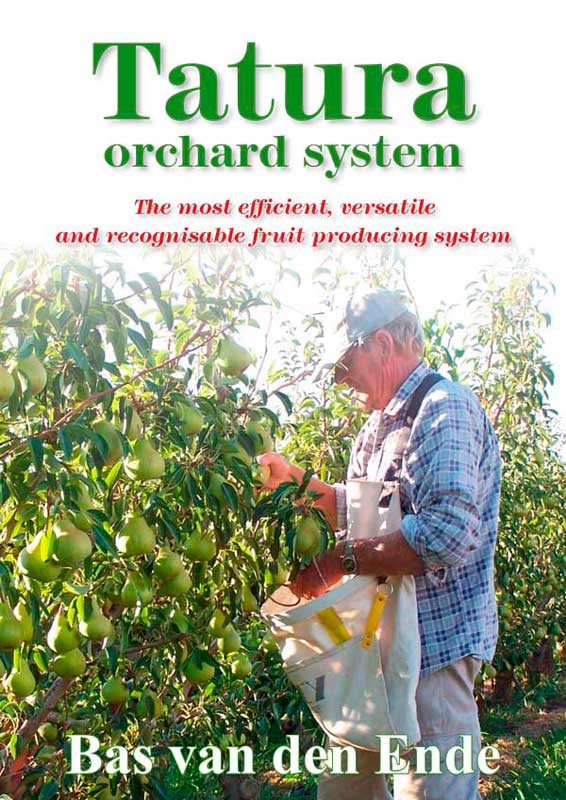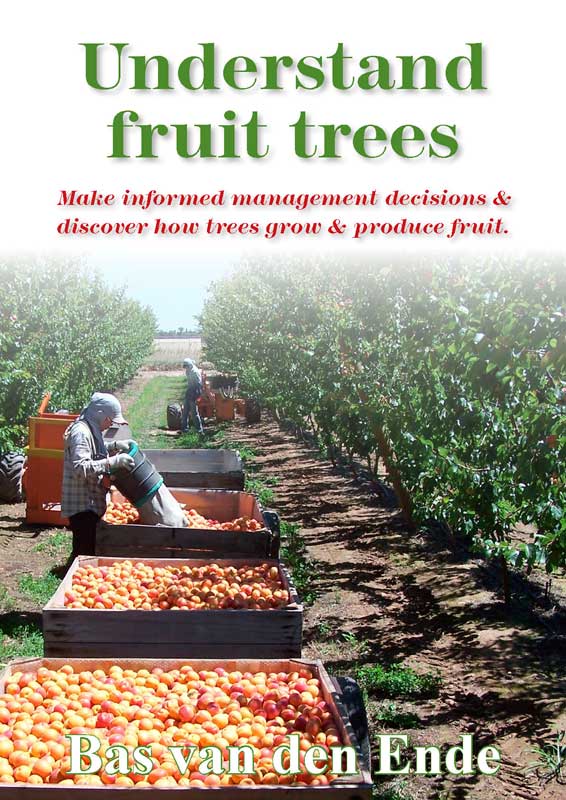As last year clicked over and this year began, those who had an interest in the subject would have been able to read many articles about personal finance—shares and so on.
At a time when people traditionally make new resolutions, this type of article encourages people to review their saving goals, and how they go about making the most of investments.
Two articles discussed the factors that make a good business, and the first is presented here.
It was written by Promar International, one of the world’s largest agricultural consultancies. Promar works on a range of business problems for about 2000 farm and food businesses and recently commenced work with the University of Reading to better understand the factors that define a successful farmer.
I don’t think the list is much different from some I have presented in previous articles, but this one is interesting because it is the outcome of specific research.
Although there may be many definitions of the term ‘success’, because growers are ultimately running a business, the study’s measure of success was financial performance. A financially successful business has greater capacity to deliver other, intangible types of success, such as personal satisfaction and quality of life.
Characteristics that separate the best from the rest
Based on a survey of 100 dairy farmers, but broadly applicable, the study sought to understand the characteristics that separate the best from the rest.
The financial indicators upon which the study was based avoided bias towards certain types of farming systems, farm size or ownership structure.
Highly profit focussed
Many farmers focus on turnover. Successful farmers focus on profit. They have clear goals and objectives and the business is managed to maximise profit.
Invest in training
As for many careers today there is an ongoing need to learn.
Successful farmers invest in improving their own management skills, as well as in the skills required by their staff.
Compare to industry benchmarks
Those who undertook no benchmarking were the least successful.
One problem that growers will have with this success factor is that it can be difficult to find much information in Australia with which to benchmark your business.
As I have noted before, horticultural industries plan their R&D to ‘improve grower profitability’ but there are few examples of the appropriate information being presented about the existing profitability of the industry to better understand if it can and has been improved by undertaking a piece of research.
Share ideas
Successful farmers enjoy talking to others and sharing ideas.
I perceive that this can be a problematic issue for horticulture. Dairy, grains and meat industries are more homogenous and there is less problem in talking about economics especially.
Article continues next issue
For more information see April 2013 Tree Fruit


